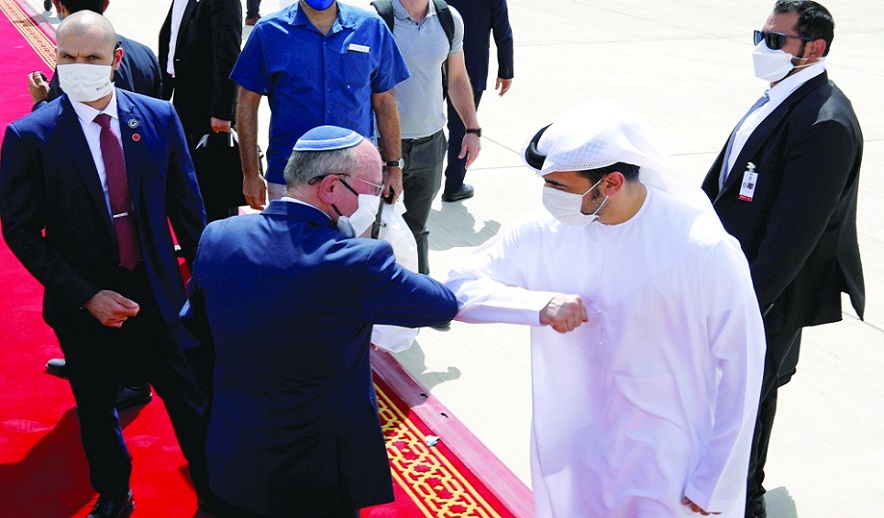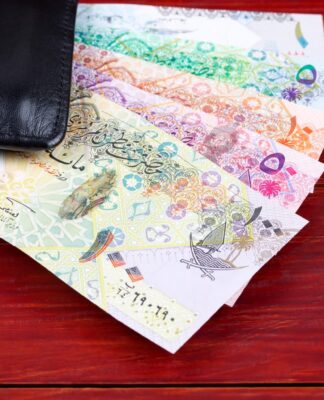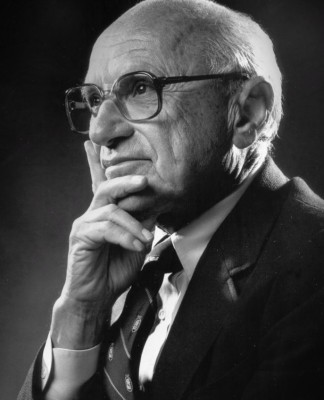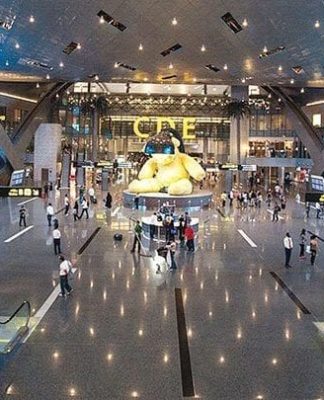Arabtec UAE sold illusion to the Egyptians.
British writer David Hearst considered in an article on the Middle East Eye website that Egypt faces – due to the agreements between Israel, the Emirates and Bahrain – two types of disasters: future and current ones, whose political position in the region and financial position is prolonged, and Hearst explained that a partial replacement of the Suez Canal will be – It is an important financial source for Egypt – with cheaper alternatives to transport oil from the Red Sea to the Mediterranean Sea, through the transportation pipelines that connect the Israeli ports of Eilat and Ashkelon, according to the translation of “Al-Jazeera.”
He added that with the agreements that were concluded, Cairo would lose the role it had enjoyed for decades of mediating relations between Arab countries and Israel, and the so-called Palestinian paper in which Egypt was the reference for all Palestinian factions – in terms of arranging a ceasefire between Israel and Hamas. In Gaza, the reconciliation meetings between Fatah and Hamas in Cairo, and elsewhere – have shifted from Cairo to Ankara.
Hearst attributed to “Al-Shorouk News” commentator Muhammad Esmat, as saying that Egypt’s loss goes further, as “the entire Arab national security system, in all its military, political and economic dimensions, will be completely dismantled. All the Arab world’s discourse on freedom, unity and independent development will stop.” It is forgotten, and Israel aspires to replace Egypt in leading the Arab region. There are new equations that eliminate all institutions of joint Arab action, on top of which is the Arab League itself.
In addition to its position in the region, Hearst says that Egypt is losing hard money, as each of the Emirates stopped pumping billions of dollars to the military dictatorship of Sisi, and Abu Dhabi Crown Prince Mohammed bin Zayed found other more attractive targets to play with his country’s money after the era of pouring money into a pit of pockets ended. Endless sisi.
Hearst indicated that the shift of Emirati investment from Egypt to Israel is changing the game in the region and for some businessmen in Cairo. He cites an example of businessmen affected by the Emirati shift from Egypt, noting, for example, that Salah Diab, founder of the newspaper “Al-Masry Al-Youm” – who was previously arrested for alleged violations of companies he owns, and was released after the quick intervention of his nephew, the Emirati ambassador in Washington Yusef Al-Otaiba – had The process of his release stalled this time, and Hearst continues, saying that Diab is in prison now, and General Ahmed Shafiq, who tried to compete with Sisi in a previous presidential election, is facing a legal case that has been reactivated, in contrast to an agreement concluded by Egypt with the Emirates to which Shafiq fled when former President Mohamed Morsi took power. 2012 year.
He says that the Egyptian politicians exiled outside Egypt and who closely monitor the battles inside the homeland do not doubt that the legal problems that Diab and Shafik are facing are targeting the UAE, and the leader of the Ghad al-Thawra Party, Ayman Nour – the former presidential candidate – is attributed to saying that Diab’s arrest reflects the state of disagreement between Egypt and the UAE after the agreement with Israel. He also said that the Middle East Eye website learned that another Emirati businessman, who was trying to establish a media company in Cairo, was arrested by the Egyptian authorities, and he was only released after the personal intervention of Tahnoun bin Zayed, brother of Muhammad bin Zayed.
And about the impact of losing Gulf billions on Sisi, the writer said that Sisi resorted to the International Monetary Fund and imposed harsh austerity, and shaken his richest businessmen, to the extent that he had no other choice but to impose taxes on his already exhausted citizens, demolish their homes and force them to pay exorbitant fees. To the government, the national debt of Egypt has almost tripled since 2014, from about $ 112 billion to about $ 321 billion. Hearst concluded his article that Sisi’s brutal, cruel and destructive military regime was set up by the UAE, as Sisi would not have defected and betrayed the late Egyptian president-elect, the late Mohamed Morsi, who chose him as defense minister, had it not been for the money promised by Riyadh and Abu Dhabi.
In another context, the UAE real estate company, Arabtec, has practiced the biggest fraud that Egyptians have been exposed to in recent years. In April 2014, the CEO of the company, Hassan Asmaik, came out in a famous photo collected by Lieutenant General Abdel Fattah El-Sisi, the Egyptian Minister of Defense at the time, to announce the signing of an agreement providing for the establishment of the largest housing project in Egypt in cooperation with the Egyptian Armed Forces at a cost of 280 billion pounds, i.e. Equivalent to $ 40 billion at that time, to be completed before 2020, that is, these days.
In order to complete the deception, the Emirati company announced that it will immediately begin establishing one million housing units in the various governorates of Egypt, and that these units will be allocated to low-income people from the poor, young people coming to marriage, small government employees and other marginalized groups in the country. Arabtec did not wait at the time to ask legitimate questions from observers of the scene about how to manage the needs of this giant project of land and huge costs amounting to 40 billion dollars, as Hassan Asmaik announced that all matters are arranged, so the project’s land is provided free of charge by the Egyptian armed forces, and the UAE will provide the necessary funding for the project.
Six years have passed and Egyptians are waiting for the project of one million housing units to come to light, until everyone is certain that it was a big mirage and just a deception to anesthetize them, and before that, the votes were harvested. Day after day, Arabtec is exposed to severe financial crises that negatively affect its activities, not only in the countries of the world in which it is strongly present, but also within the Emirates, until two days ago you decided to put an end to the largest contracting company, by declaring a dissolution, bankruptcy, liquidating Arabtec and laying off its workers, and that After the company achieved losses amounting to 1.45 billion dirhams, which constitute 97.22% of its capital.





























